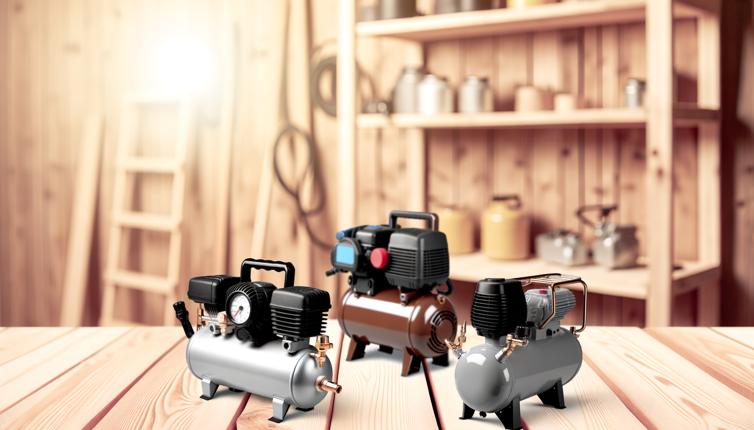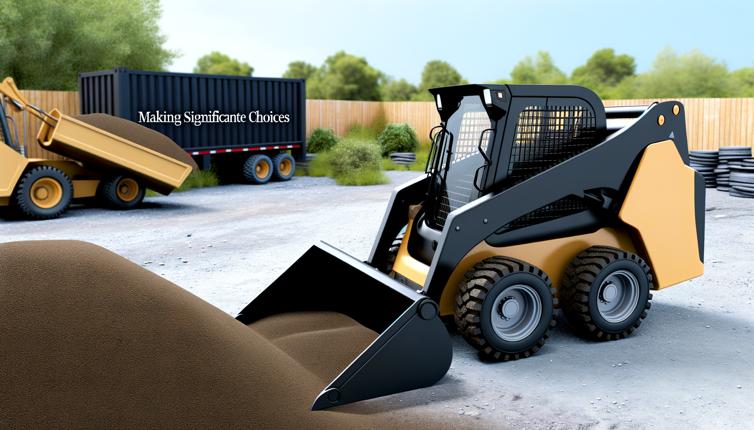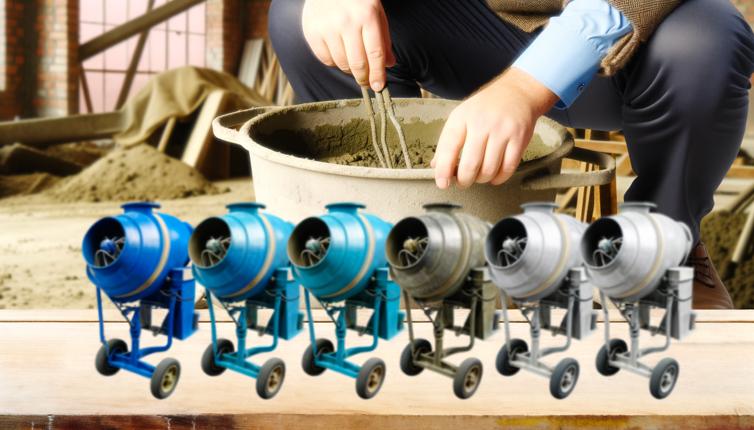1. Determine Your Air Requirements
The first step in selecting an air compressor is to determine your specific air requirements. How much air flow do you need? What pressure do you require? These factors will help you determine the size and capacity of the compressor you need. It's important to consider not only your current needs but also any potential future expansion or increased demand for air.
2. Consider the Type of Compressor
There are several types of air compressors available, including reciprocating compressors, rotary screw compressors, and centrifugal compressors. Each type has its own advantages and disadvantages, so it's important to consider your specific needs and the nature of your work. Reciprocating compressors, for example, are typically more suitable for intermittent use, while rotary screw compressors are ideal for continuous operation.,Additionally, consider whether you need a lubricated or oil-free compressor. Lubricated compressors require regular oil changes and maintenance, while oil-free compressors are typically more expensive but offer cleaner air and require less maintenance.
3. Evaluate Performance and Efficiency
When selecting an air compressor, it's important to evaluate its performance and efficiency. Look for compressor specifications such as cubic feet per minute (CFM) and pounds per square inch (PSI) to ensure they meet your requirements. Consider the duty cycle, which indicates the amount of time the compressor can operate continuously before it needs to rest.,Efficiency is also an important factor. Look for compressors with energy-saving features such as variable speed drives or digital controllers. These features can help reduce energy consumption and save on operating costs in the long run.
4. Consider Noise and Maintenance
Noise levels can be a significant consideration, especially if the compressor will be used in a noise-sensitive environment. Check the noise rating of the compressor and consider the use of noise-reduction accessories or an enclosed compressor system if necessary.,Maintenance requirements should also be considered. Look for compressors with easy access to filters and other components for regular cleaning and maintenance. Consider the availability of spare parts and service support from the manufacturer or supplier.
Conclusion
Selecting the right air compressor is crucial for ensuring efficient and reliable operation. By considering your specific air requirements, evaluating the type of compressor, assessing performance and efficiency, and taking into account noise and maintenance factors, you can make an informed decision that meets your needs. Don't forget to consult with experts or professionals in the industry for additional guidance and recommendations.









